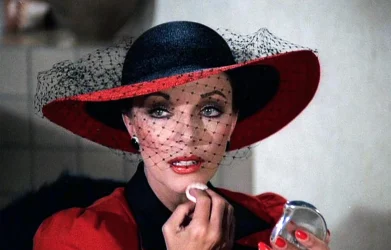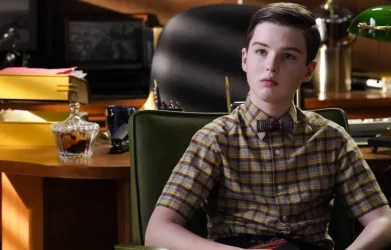Filmmakers spend months, even years, coming up with that perfect plot twist that will make the viewers gasp in shock and immediately want to rewatch the whole thing like a detective with a popcorn addiction. But before the movie comes out, the studio’s marketing team...
Advertisements

Where Are the Jurassic Park Kids Now?

8 Celebrities Who Stayed Beloved Despite Controversy

Celebrities and Politicians Whose Health Has Us Nervous in 2026

8 Celebrities Who Got “Cancelled” In 2025

The Wildest Rumors About Miley Cyrus And Her Family Will Leave You Stunned

9 Crazy Behind-The-Scenes Stories From James Cameron Movies

11 Best TV Shows About Sisters That Nail the Love/Hate Bond

7 Famous ’90s On-Screen Couples—And Their Real Lives Decades Later

7 Sitcom Stars of the ’90s: Where Did They End Up 30 Years Later?

11 Most Shocking Celebrity Scandals of 2025

Biggest Celebrity Deaths of 2025

Top 10 Signs Your Crush Likes You Back Even If They’re Shy

10 Disasters That Were Completely Preventable

The Dynasty Cast’s Darkest Secrets


